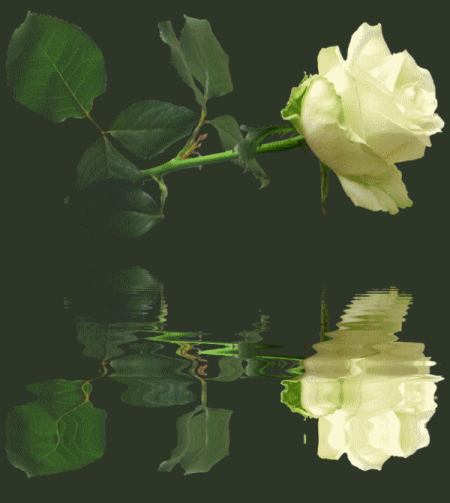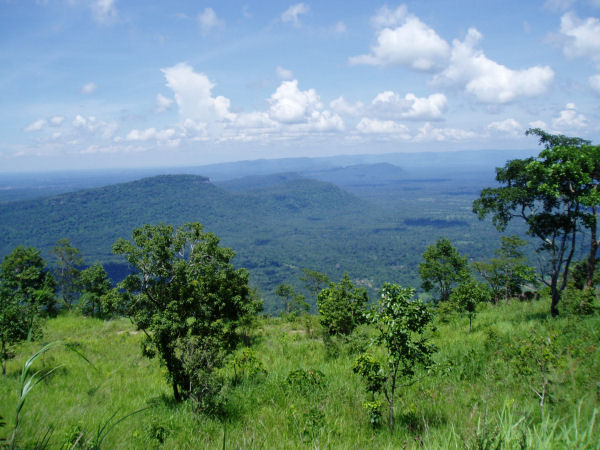Killer Whale Vs Great White (National Geographic WILD)
Amazing footage of a Killer Whale (Orca) attacking and partially eating a Great White shark, filmed by a whale watching tourist. During a whale watching trip for tourists near the marine sanctuary of the Farallon Islands, a Killer Whale was spotted and filmed as it broke the surface with a Great White shark gripped in its jaws. This was not only the first filming of such an incident, but also the first time marine biologists had even heard of such an attack. This incident lead to further research on the subject, finally convincing marine biologists that the Killer Whale was the top predator in all the oceans.
Killer whales are very sophisticated and effective predators. Thirty-two cetacean species have been recorded as killer whale prey, from examining either stomach contents, scarring on the prey’s body, or feeding activity. Groups even attack larger cetaceans such as minke whales, gray whales, and rarely sperm whales or blue whales.
Hunting large whales usually takes several hours. Killer whales generally choose to attack young or weak animals, instead. However, a group of five or more may attack a healthy adult. When hunting a young whale, a group chases it and its mother until they wear out. Eventually, they separate the pair and surround the calf, preventing it from surfacing to breathe, drowning it. Pods of female sperm whales sometimes protect themselves by forming a protective circle around their calves with their flukes facing outwards, using them to repel the attackers. Rarely, large killer whale pods can overwhelm even adult female sperm whales. Adult bull sperm whales, which are large, powerful and aggressive when threatened, and fully grown adult blue whales, which are possibly too large to overwhelm, are not believed to be prey for killer whales.
Other marine mammal prey species include nearly 20 species of seal, sea lion and fur seal. Walruses and sea otters are less frequently taken. Often, to avoid injury, killer whales disable their prey before killing and eating it. This may involve throwing it in the air, slapping it with their tails, ramming it, or breaching and landing on it. Sea lions are killed by head-butting or after a stunning blow from a tail fluke. In the Aleutian Islands, a decline in sea otter populations in the 1990s was controversially attributed by some scientists to killer whale predation, although with no direct evidence. The decline of sea otters followed a decline in harbour seal and Steller sea lion populations, the killer whale’s preferred prey,[Note 1] which in turn may be substitutes for their original prey, now decimated by industrial whaling.
In steeply banked beaches off Península Valdés, Argentina, and the Crozet Islands, killer whales feed on South American sea lions and southern elephant seals in shallow water, even beaching temporarily to grab prey before wriggling back to the sea. Beaching, usually fatal to cetaceans, is not an instinctive behavior, and can require years of practice for the young. “Wave-hunting” killer whales spy-hop to locate Weddell seals, crabeater seals and leopard seals resting on ice floes, and then swim in groups to create waves that wash over the floe. This washes the seal into the water, where other killer whales lie in wait.
Killer whales have also been observed preying on terrestrial mammals, such as deer and moose swimming between islands off the northwest coast of North America. Killer whale cannibalism has also been reported based on analysis of stomach contents, but this is likely to be the result of scavenging remains dumped by whalers. One killer whale was also attacked by its companions after being shot. Although resident killer whales have never been observed to eat other marine mammals, they occasionally harass and kill porpoises and seals for no apparent reason.


















